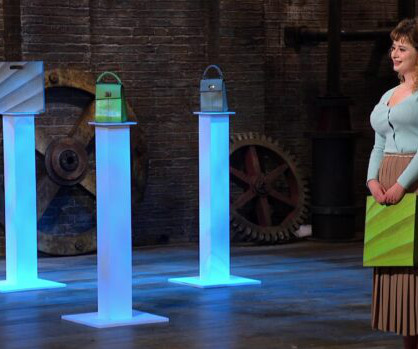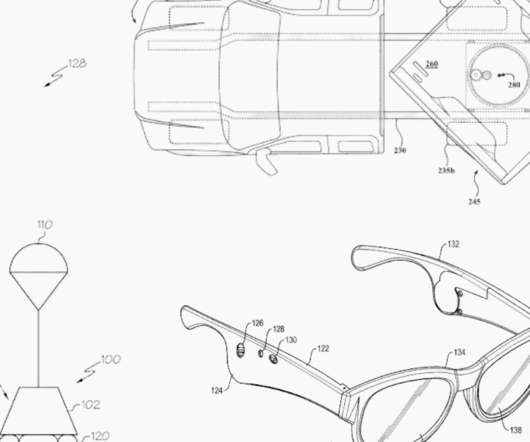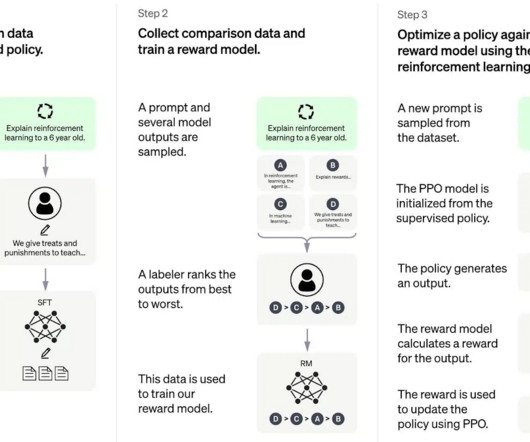Keep it secret or file a patent?
Patent Trademark Blog
OCTOBER 26, 2022
If you have a simple product that others can easily copy, you wouldn’t be thinking about keeping anything confidential. In order to gain certain exclusive rights from the government, inventors must disclose detailed information on how to make and use their invention. Let’s face it.
























Let's personalize your content